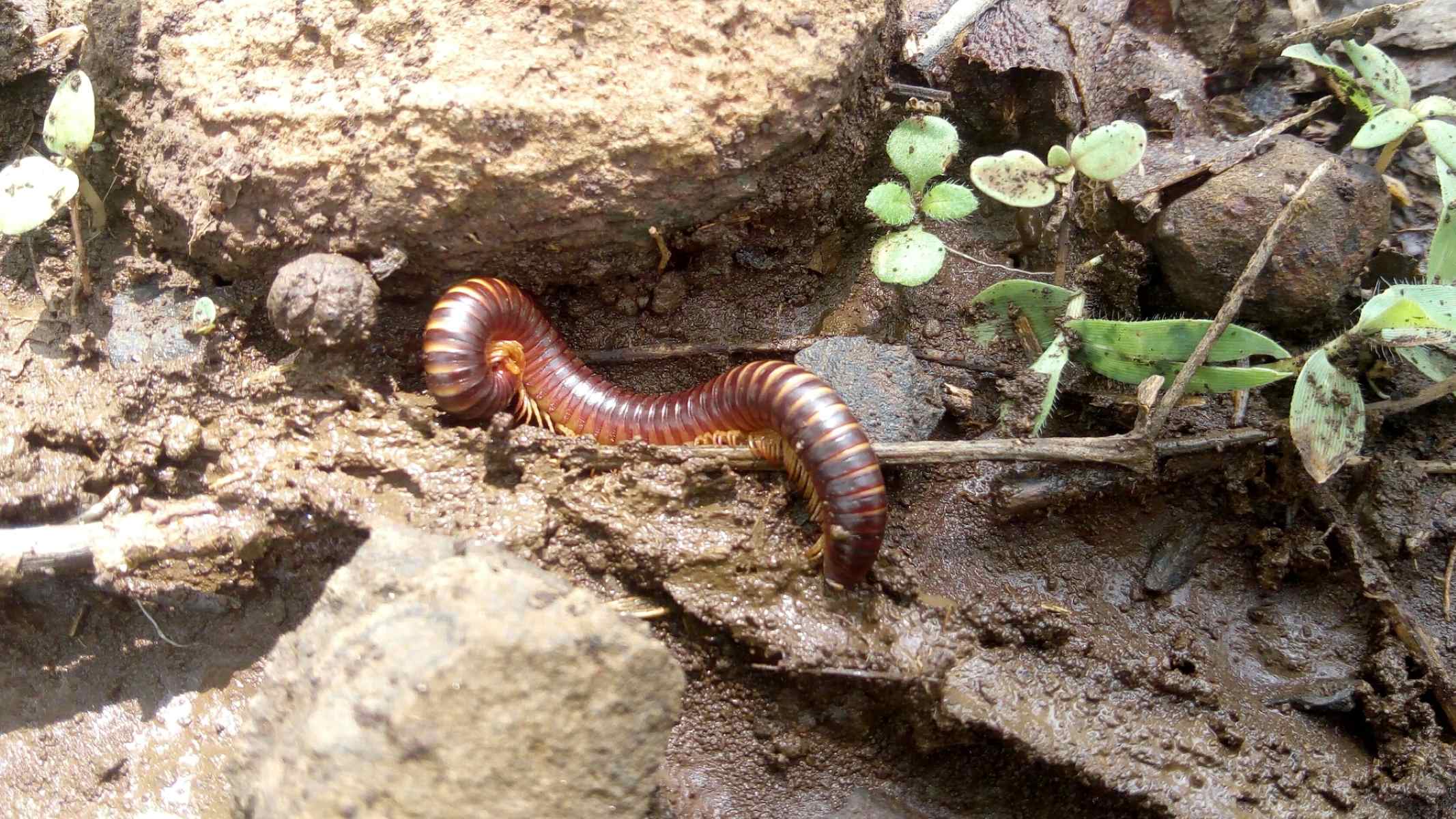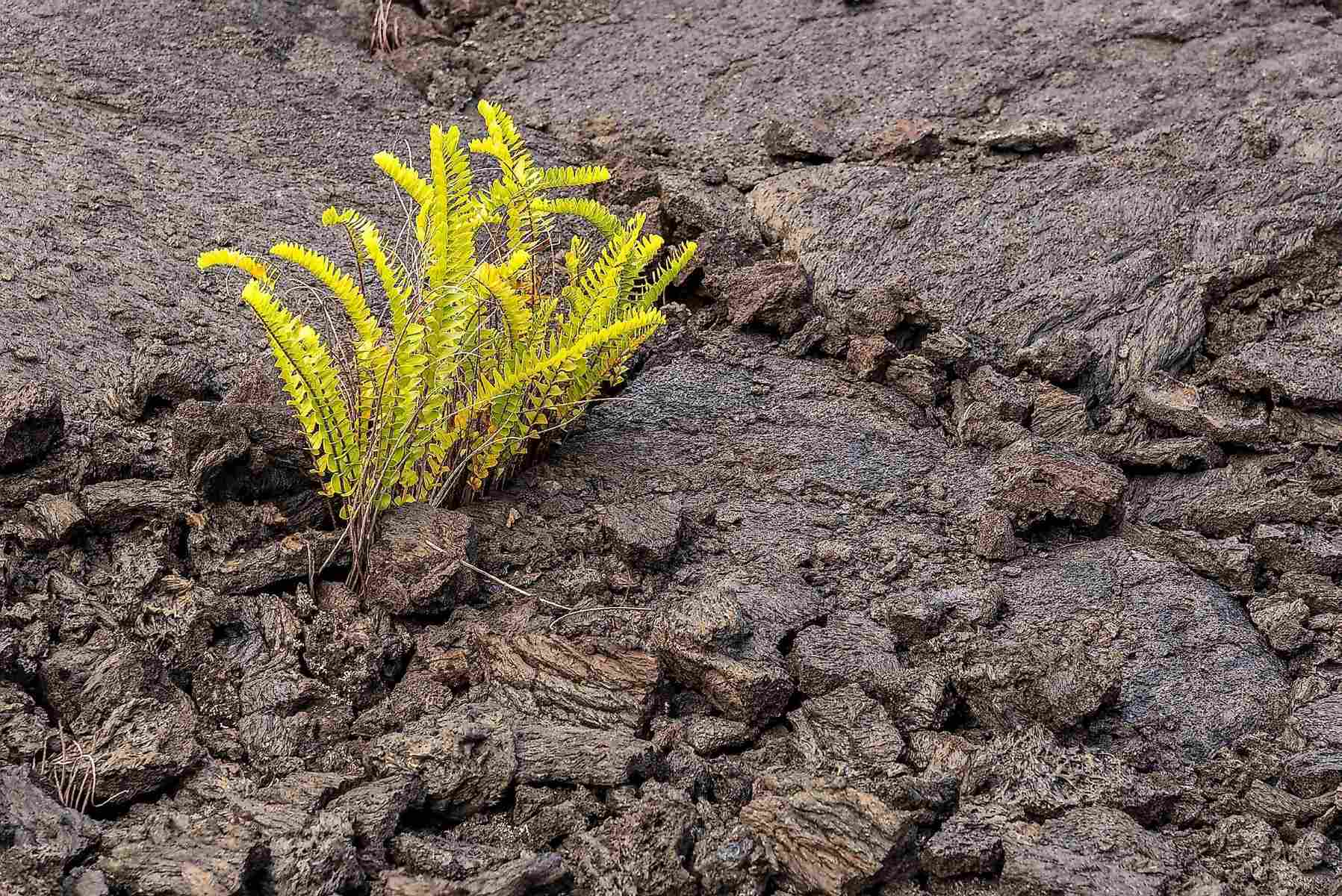
Decomposers play a crucial role in our ecosystem by breaking down dead organic matter and recycling nutrients back into the soil. Without these tiny yet mighty organisms, our world would be buried under piles of dead plants and animals. Fungi, bacteria, and certain insects are the primary decomposers, each contributing uniquely to the process. Ever wondered how a fallen tree eventually turns into rich soil? That's the magic of decomposers at work! They ensure that nutrients are continuously cycled, supporting new plant growth and maintaining the balance of nature. Let's dive into 38 fascinating facts about these unsung heroes of the natural world.
What Are Decomposers?
Decomposers play a crucial role in ecosystems by breaking down dead organic matter. They recycle nutrients back into the soil, making them available for plants. Here are some fascinating facts about these essential organisms.
-
Decomposers include bacteria, fungi, and certain insects. These organisms break down dead plants and animals into simpler substances.
-
Bacteria are the most numerous decomposers. They are microscopic and can be found in almost every environment on Earth.
-
Fungi, like mushrooms, are also key decomposers. They break down complex organic materials, such as wood and leaves.
-
Earthworms are decomposers too. They consume dead plant material and excrete nutrient-rich waste.
-
Decomposers help in soil formation. By breaking down organic matter, they contribute to the creation of humus, a vital component of fertile soil.
-
Some insects, like beetles, act as decomposers. They feed on dead animals and plants, aiding in decomposition.
-
Decomposers release carbon dioxide. This gas is a byproduct of their metabolic processes and is essential for photosynthesis in plants.
-
They play a role in the nitrogen cycle. Decomposers break down proteins in dead organisms, releasing nitrogen back into the soil.
How Do Decomposers Work?
Understanding the mechanisms behind decomposition can shed light on the importance of these organisms. Let's explore how decomposers carry out their essential functions.
-
Decomposers secrete enzymes. These enzymes break down complex organic molecules into simpler ones that can be absorbed.
-
They thrive in moist environments. Moisture helps decomposers break down organic matter more efficiently.
-
Temperature affects decomposition rates. Warmer temperatures generally speed up the process, while colder temperatures slow it down.
-
Oxygen is crucial for many decomposers. Aerobic decomposers require oxygen to break down organic matter, while anaerobic decomposers do not.
-
Decomposers can break down pollutants. Some bacteria and fungi can degrade harmful substances, helping to clean up the environment.
-
They produce humic substances. These are complex organic compounds that improve soil structure and fertility.
-
Decomposers can be found in compost piles. Composting relies on decomposers to break down kitchen scraps and yard waste into nutrient-rich compost.
-
They play a role in waste management. Decomposers help break down organic waste in landfills, reducing the volume of waste.
The Importance of Decomposers in Ecosystems
Decomposers are vital for maintaining the balance of ecosystems. They ensure that nutrients are recycled and available for other organisms. Here are more facts highlighting their importance.
-
Decomposers prevent the accumulation of dead matter. Without them, ecosystems would be cluttered with dead plants and animals.
-
They support plant growth. By recycling nutrients, decomposers make essential elements available for plants.
-
Decomposers contribute to the carbon cycle. They release carbon dioxide during decomposition, which plants use for photosynthesis.
-
They help control disease. By breaking down dead organisms, decomposers can reduce the spread of pathogens.
-
Decomposers are part of the food web. They provide food for other organisms, such as detritivores and scavengers.
-
They influence soil pH. Decomposition processes can affect the acidity or alkalinity of the soil.
-
Decomposers can detoxify the environment. Some decomposers can break down toxic substances, making the environment safer.
-
They help in nutrient cycling. Decomposers ensure that essential nutrients like nitrogen, phosphorus, and potassium are returned to the soil.
Interesting Facts About Specific Decomposers
Different decomposers have unique characteristics and roles. Let's delve into some specific examples.
-
Mushrooms are the fruiting bodies of fungi. They release spores that help fungi spread and decompose more organic matter.
-
Lichens are a symbiotic relationship between fungi and algae. They can break down rocks and contribute to soil formation.
-
Termites are decomposers that break down wood. They have specialized bacteria in their guts that help digest cellulose.
-
Dung beetles decompose animal feces. They roll dung into balls and bury it, enriching the soil.
-
Saprophytic fungi feed on dead organic matter. They play a crucial role in breaking down complex organic compounds.
-
Actinomycetes are a type of bacteria that decompose organic matter. They are responsible for the earthy smell of soil.
-
Millipedes are decomposers that feed on decaying plant material. They help break down leaf litter and other organic debris.
-
Springtails are tiny insects that aid in decomposition. They feed on fungi, bacteria, and decaying plant material.
The Role of Decomposers in Human Activities
Decomposers also play a significant role in various human activities, from agriculture to waste management. Here are some facts about their contributions.
-
Decomposers are used in bioremediation. This process uses microorganisms to clean up contaminated environments.
-
They are essential for composting. Decomposers break down organic waste into compost, which can be used to enrich soil.
-
Decomposers help in wastewater treatment. Bacteria break down organic matter in sewage, making the water safer to release into the environment.
-
They are used in agriculture to improve soil health. Adding decomposers to soil can enhance its fertility and structure.
-
Decomposers can be used to produce biofuels. Certain bacteria and fungi can break down organic matter to produce methane and other biofuels.
-
They play a role in food production. Decomposers help break down organic matter in soil, providing nutrients for crops.
The Role of Decomposers in Our World
Decomposers play a vital role in maintaining the balance of ecosystems. They break down dead plants and animals, recycling nutrients back into the soil, which helps new life flourish. Without decomposers, dead matter would pile up, and essential nutrients would remain locked away, unavailable to living organisms.
These unsung heroes include bacteria, fungi, and certain insects. Each has a unique way of breaking down organic material, contributing to the cycle of life. Bacteria and fungi, for instance, release enzymes that decompose complex molecules, while insects like beetles and worms physically break down matter.
Understanding the importance of decomposers can help us appreciate the intricate web of life. Next time you see a mushroom or a worm, remember they're hard at work, keeping our world clean and fertile. Their work ensures that life continues to thrive, making them indispensable to our planet.
Was this page helpful?
Our commitment to delivering trustworthy and engaging content is at the heart of what we do. Each fact on our site is contributed by real users like you, bringing a wealth of diverse insights and information. To ensure the highest standards of accuracy and reliability, our dedicated editors meticulously review each submission. This process guarantees that the facts we share are not only fascinating but also credible. Trust in our commitment to quality and authenticity as you explore and learn with us.


